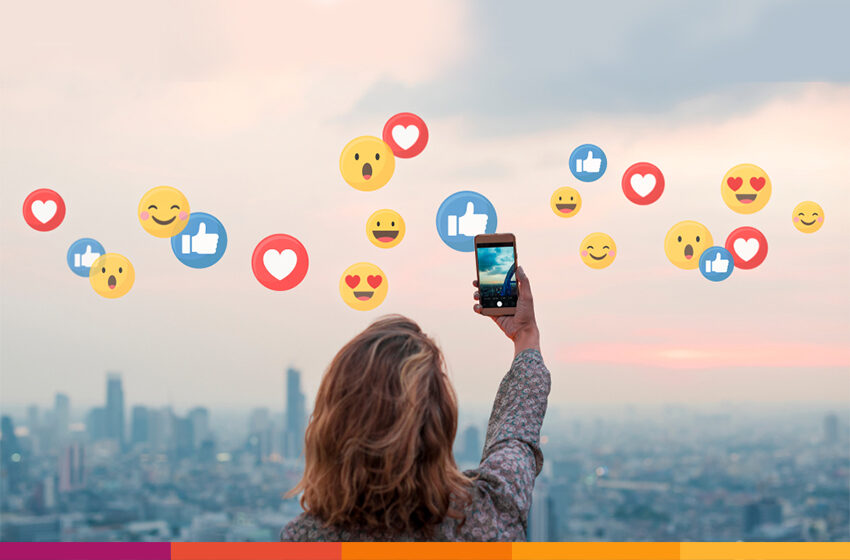
Influencer marketing on the rise; Celebrities losing their value?
The modern era of digital technology has seen pervasive use of social media platforms like Facebook, Instagram, YouTube, TikTok and several others. Consequently, a phenomenon known as ‘Influencer Marketing’ is piquing the interest of brands, marketers and consumers. Brands, in particular, cannot afford to turn a blind eye on influencers owing to their substantial number of fanatical followers. As per the data by Statista, the market size of global influencer marketing has more than doubled since 2019, and stands at a whooping 13.8 billion U.S. dollars in 2021.
Brand and product endorsement, by a celebrated figure, is not an unseen practice in the business world. Celebrities (movie stars and musicians) have historically associated with brands as their frontal figures, promoting products, services and ad campaigns. However, modern-day influencers and celebrities differ in essence; brands and marketers must remain elucidated on this.
Influencers are regular people; celebrities seem to be detached from brands and consumers.
The primary distinction between influencers and celebrities lies in the perceived understanding of the general public. Most digital influencers are regular people with day-to-day jobs and engage in regular social activities which their audience can relate to on a personal level. They frequently engage in interactions and build an emotional connection with the niche followers that they muster up overtime.
Celebrities, on the other hand, are household names who mostly have their own make-up artists, fashion designer, fitness coach and other representatives who are paid to think for them. Moreover, their social media accounts are often handled by their team due to which personal connection with the audience as well as brands is nonexistent.
In fact, the obscure lives of celebrities can, at times, prove to be detrimental for brands they are endorsing. To read on this, Click here.
The picture below is explanatory as to why celebrities lack emotional connection, thus distorting brands’ promotional content.

Influencers are content creators; celebrities are endorsers of brand message.
There is a reason why social media users with significant number of followers are labeled as influencers. They accumulate large followers overtime by creating their own appealing contents for viewers. Influencers are also known to actively associate with brands during the creation of promotional content. Some even create and deliver the entire promotional message of brands by themselves. All in all, influencers promote products and services through their own set of expertise.
Celebrity endorsers are appointed to act as per the guidelines or ideas generated by marketing agencies and brands. They play no role, whatsoever, in developing the promotional content for brands. Brands use the faces of celebrities in their products, TVC’s, print advertisements and social media posts to appeal to their mass followings.
As such, influencer marketing has a higher conversion rate in comparison to celebrity endorsements. A research by Digital Marketing Institute concluded that 3% consumers would consider purchasing a product in-store if promoted by a celebrity, compared to 60% for an influencer.
Implications – What should Brands choose?
Influencer marketing and celebrity endorsements are not substitutes. Although research data shows little effectiveness of celebrity endorsement in regards to conversion rate, brands should not downplay celebrities’ capacity to reach out to large masses. A combination of both is essential depending on the objectives that marketing campaigns aspire to attain.
Influencer marketing is a great choice for boosting sales of products & services. Influencers cater to their niche who are influenced by a particular subject matter (fashion, gaming, electronics and so on). They are expected to provide unbiased reviews to the audience through their experience while using products of brands, resulting in higher credibility.
In contrast, celebrity endorsements tend to be highly effective in optimizing ad campaigns and brand awareness. With their fan followings in large numbers, simply using their faces in brand advertisements and product packages can boost awareness, and ultimately aid in brand positioning.




